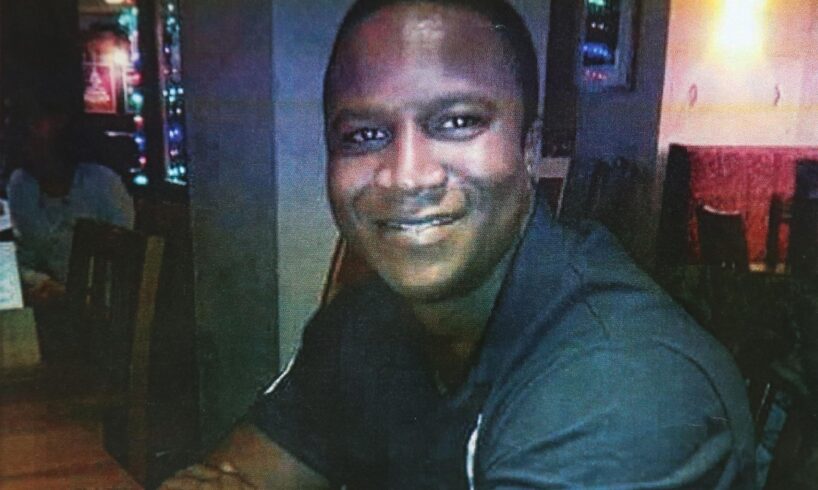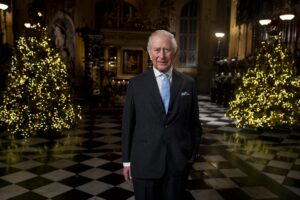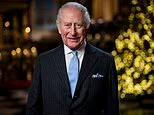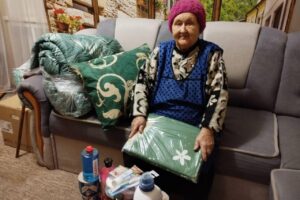
The 31-year-old father of two died in 2015 after being restrained by six police officers responding to calls of man carrying a knife and behaving erratically on a street in Kirkcaldy.
The Crown Office decided not to prosecute the police officers involved, but a public inquiry was set up to examine the role race may have played in the incident and to consider whether lessons could be learned for policing.
Last month, however, Lord Bracadale tendered his resignation after concerns were raised about undisclosed private meetings between him, members of the Bayoh family, counsel to the inquiry, and inquiry assessors.
While the meetings were initially described as welfare-focused, minutes later revealed that discussions had touched on evidential matters.
The Scottish Police Federation (SPF) argued that the meetings created an impression of bias and called for Lord Bracadale to step aside. He initially refused, prompting a judicial review challenge by the federation, before ultimately resigning.
In his resignation letter to Deputy First Minister Kate Forbes, he said participants in the inquiry had “lost confidence in my conduct of the Inquiry to such an extent that it cannot be retrieved”.
Senior counsel to the Inquiry Angela Graham KC, Laura Thomson KC and Jason Beer KC resigned two days later, as did junior counsel Rachel Barrett and Sarah Loosemore.
Lord Bracadale quit as inquiry chair last month
In a letter to Mr Swinney, Professor Peter Watson, solicitor for the SPF, said the collapse of the inquiry had caused “considerable concern” among the officers involved, who he said had co-operated fully throughout the process.
He noted the First Minister’s willingness to meet the Bayoh family and said he hoped “parity of esteem” would be shown to the police officers.
“We note that you have agreed to meet with the family of Mr Bayoh. However, it is of deep concern to our clients that no similar invitation has been extended to the police officers who responded to multiple 999 calls reporting a man walking the streets of Kirkcaldy brandishing a nine-inch bladed weapon, attacking vehicles, and posing a serious threat to public safety.
“These officers responded without access to firearms, tasers, or police dogs, relying solely on their presence and training to protect the public.”
Professor Watson highlighted the case of PC Short, the first officer to engage with Mr Bayoh, describing her as “a petite officer of slight build” who was “violently assaulted, punched to the ground and kicked.”
He said she sustained injuries that led to her retirement on ill-health grounds, and that she remained under the care of mental health services.
The SPF is seeking a meeting between Mr Swinney and Ms Short, as well as any other officers who wish to attend. “Such a meeting would reflect parity of esteem and recognition of their role in responding to a dangerous and volatile situation,” Professor Watson said.
The letter to the First Minister also addressed public claims that Mr Bayoh was unarmed when he was was restrained.
“The Inquiry’s own records including multiple 999 call transcripts confirm that Mr Bayoh was armed, under the influence of illicit substances, and actively threatening public safety,” Professor Watson wrote.
Following Lord Bracadale’s decision to step down, the First Minister told BBC Scotland: “I would be perfectly happy to meet with the Sheku Bayoh family. We have met before.
“I would be happy to meet again to consider these issues and to assure them of the importance that we attach to making sure that this inquiry is completed and that any of the lessons that need to be learned are learned.”
In response to Professor Watson’s letter, a Scottish Government spokesperson said: “The Scottish Government is committed to establishing the relevant facts surrounding Mr Bayoh’s death. We are urgently considering the situation going forward.
“The First Minister would be happy to meet Ms Short and her colleagues.”
Aamer Anwar, the lawyer representing Mr Bayoh’s family, has previously warned that the resignations of Lord Bracadale and the inquiry counsel could set the process back by years.
The inquiry has heard all of its evidence and its final stage would be the hearing of closing submissions.
Mr Anwar said last week: “There is nothing wrong with the chair treating a bereaved family with compassion and respect. But the treatment of Lord Bracadale by our institutionally racist criminal justice system is a warning to any judge who dares to act without fear or favour.”
“You are talking about three years of evidence, 122 days of actual evidence on camera, hundreds of thousands of documents,” he added. “That process has now been set back. I suspect this sets the inquiry back by not just months, but possibly years.”
Alongside the controversy over process, the cost of the inquiry has also been criticised.
Police Scotland recently told Holyrood’s Finance Committee the force has so far incurred around £25 million in legal expenses linked to the inquiry, on top of £25m spent by the inquiry itself.
The force said the costs had forced “tough, prioritised decisions” on frontline policing.





